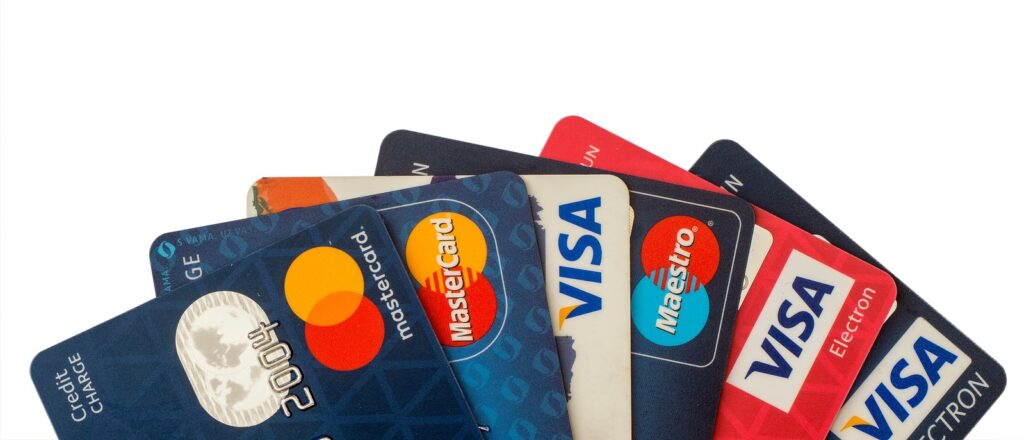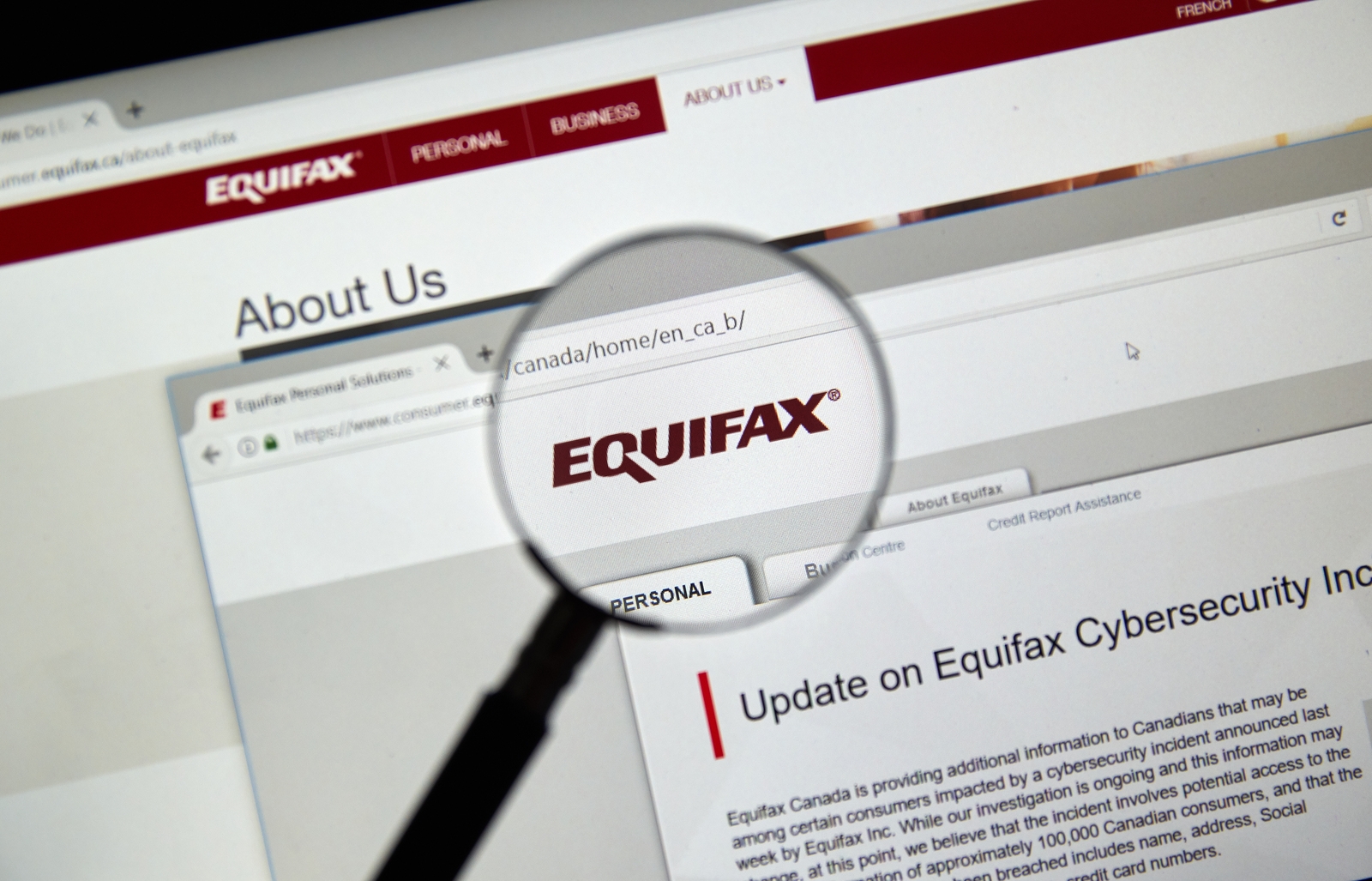Small business credit and other accessible forms of financial capital are often crucial to business owners. Numerous expected and unexpected expenses come with owning a business. Keeping up with inventory demands, leasing or expanding a business location, and paying off monthly overheads are just a few reasons why small business owners might require access to additional capital or short-term funding. This is why it is important for business owners to maintain a high personal credit score.
If the owner of a small business does not maintain a good personal credit score, their ability to obtain a line of business credit or small business funding can become very limited. Cleaning up personal credit is no small task and can take a considerable amount of time. This is why it is important to avoid these common mistakes that can significantly impact your personal credit and decrease your chances of securing a line of business credit or small business funding.
This is probably the most common mistake a business owner can make in maintaining their personal credit. Any credit used should be paid on time, every time, and paid in full whenever possible. It’s also a good rule of thumb to borrow only 30% of your actual credit limit. Not only does this make it easier to make payments on time, but it shows potential lenders and funding companies the borrower is low risk and responsible. This can significantly increase the odds of receiving a positive response when applying for a line of business credit or small business funding.
On the other hand, late payments register as high risk when applying for personal credit. This is bad enough for the average person, but this can be disastrous for a small business owner. If a tough month rears its ugly head and losses outweigh profits, small businesses can drown without quick access to financial help. This is why one of the most important steps you can take to maintaining your personal credit is making all of your payments on time.

Another less known mistake business owners can make that negatively affects their personal credit is applying for too many loans or credit cards. Each application that is submitted counts as something known as a hard inquiry on your credit report. These hard inquiries inform financial institutions, funding companies and the credit bureau that you are actively looking to receive personal or business credit. This in itself is not an issue, but an overabundance of hard inquiries could signal desperation. This could be disastrous to your credit history and potentially bar you from receiving small business credit down the line.
This is probably the most surprising entry on this list of common mistakes to avoid when trying to maintain a healthy credit history. Simply not using existing lines of credit enough can negatively impact your credit score. The reason is due to the inability to assess your spending habits when that line of credit is not being used. This could potentially cause credit bureaus to negatively adjust your overall credit score.

If you’re hoping to take conventional routes for obtaining small business credit you must be very careful to maintain a high credit score. In the event of both unforeseen and standard operating expenses. Business owners often rely on quick and painless access to business credit or small business funding to help them keep their doors open.
If you’re a business owner with less than perfect credit, Capflow Funding Group may be able to help your business find the best funding solutions available to provide you with the working capital you need. We work with business owners across various industries to help them keep their businesses on track. Our team will work tirelessly to see you through to success. Contact us today to find out more about invoice factoring. As well as our other funding options, and how they can help your small business.
Blockchain is a popular topic in the business and financial marketplace. Throughout all the chatter, there seems to be a lot of confusion. Many people are asking questions such as “What is blockchain?” and “How will it impact business”? Blockchain technology is relatively new, these are legitimate questions. In an attempt to clear up some of the confusion, let’s start with explaining what it is and how blockchain works.
Defined by Don and Alex Tapscott in the book BlockChain Revolution, “Blockchain is an incorruptible digital ledger of economic transactions that can be programmed to record not just financial transactions but virtually everything of value.” The information contained is documented in real time and allows multiple stakeholders possessing the right key to access and share it. The information in the blockchain and cannot be hacked or manipulated.

Originally used strictly for financial transactions within the crypto-currency market. The potential benefits of using blockchain in retail applications are beginning to come to light. The technology is poised to transform the retail marketplace.
Basically, blockchain is a continual list of information recorded in blocks that are linked together using cryptography. Cryptography is a process which encrypts and secures the communication of the data to prevent third-parties from gaining access to it. The data recorded can’t be changed and each block has a cryptographic hash of the previous block. In essence, blockchain is like a digital notary and includes timestamps to prevent tampering.
With a basic understanding of what blockchain is and how it works, the next question would be “How will it impact the way business is conducted?” Blockchain can provide retailers and other businesses with multiple benefits. While many think these benefits may not be realized for quite some time, with the speed at which technology is evolving, the need to take advantage of them may arise in the not so distant future.
Most consumers don’t understand or care about how blockchain works but will appreciate the benefits it can provide. For example, there has been much concern in recent years about the diamond industry. Whether the diamonds being used in jewelry manufacturing are conflict-free. Once blockchain is fully integrated into the retail sector from raw materials to the point of sale, a consumer could potentially access that information by simply scanning the QR code related to the product.
This would allow them to see the history of the product from the mining the diamonds to jewelry manufacturing. By using blockchain technology, retailers would be providing consumers with complete transparency which would significantly increase consumer confidence. Sound a little like science fiction? China is currently using blockchain in its JD Stores to track the source of their meat being imported from Australia. Moving forward, blockchain could increase consumer confidence in various sectors including food, medicine, luxury items, and all financial transactions.
Counterfeiting of goods, especially luxury goods, is a massive industry worldwide. Directly related to transparency, blockchain could make businesses with global supply chains more accountable and cause the number of counterfeit products will decrease. It would help primary markets and secondary resale markets ensure consumers of product authenticity.
In 2018, the federal government seized close to a half-billion dollars worth of counterfeit luxury goods in New York. Among the counterfeit brands seized were Gucci, Hermes, and Tory Burch. While purchasing a fake handbag may only result in minor financial loss, using a counterfeit personal product such as shampoo or perfume could result in exposing yourself to harmful chemicals.
Proof of authenticity could greatly improve product safety. As well as help prevent counterfeiting from diluting the integrity of a brand. In order for this type of authentication to take place, complete supply chains would have to be fully integrated with blockchain. Making it extremely difficult to hide any type of counterfeiting taking place.
While consumers may not truly understand all that’s involved in orchestrating an on-time delivery, they appreciate it when receiving one. Retailers and manufacturers also rely on goods and materials being delivered on time to keep their businesses running smoothly.
Miscommunication at any point in the supply chain can derail a successful delivery. Trying to locate the breakdown in communications and expedite a rescheduled delivery can be complicated, time-consuming and costly. Implementing blockchain from the point of origin would provide a single ledger of undisputable data and history. This could help eliminate any miscommunication. As well as facilitate the efficient and reliable transportation of goods resulting in positive experiences for both retailers and consumers.

While the full implementation of blockchain in the retail sector may not be right around the corner, business technology is constantly evolving. Keeping up with current technology trends can put a strain on cash flow or even deplete business capital. At the same time, not staying on the cutting edge of technology can cause a business to be outpaced by their competition.
CapFlow Funding Group offers factoring services to provide you with the capital you need to stay on top of business technology and remain competitive. We also work with our clients to connect them to purchase order financing, inventory funding, and merchant cash advance services. Contact us today and find out how we can help your business.